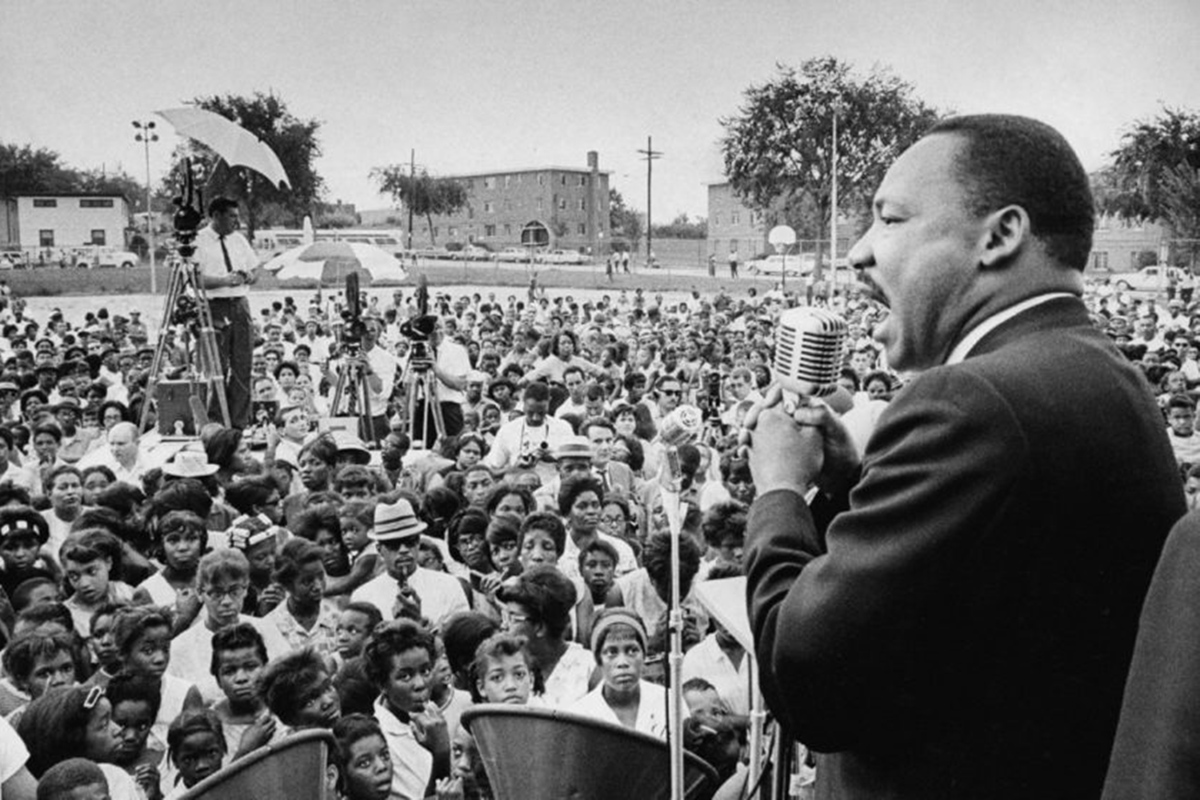Northeastern Historian Reflects on MLK Files in National Interview

Edward Miller, a teaching professor and political historian at Northeastern University, recently shared his insights with Northeastern Global News (NGN) following the release of over 240,000 records related to the 1968 assassination of the Rev. Dr. Martin Luther King Jr. The files, posted by the National Archives, provide unprecedented detail about the FBI’s extensive surveillance of King in the years leading up to his death.
Miller, who serves as the academic director of the social science division at Northeastern’s College of Professional Studies, described King as a “courageous fighter for justice” who carried the burden of constant government scrutiny while continuing to lead the civil rights movement.
“What stands out most is the sheer scale of the surveillance,” Miller said in the NGN interview. “These records confirm what we’ve long known—that King was under intense FBI monitoring—but now we can see just how deeply federal power was used to track and undermine a man fighting for justice.”
For Miller, the release provides a valuable teaching moment. He noted that the records not only reinforce King’s moral stature but also invite students and historians to reflect on how government institutions exercise power and treat dissenting voices.
The release was ordered under a 2024 executive order declassifying documents related to the assassinations of King, President John F. Kennedy, and Senator Robert F. Kennedy. While the King family expressed concerns about the files being released, Miller urged readers to approach the documents “with honesty and care,” acknowledging both King’s humanity and his extraordinary moral leadership.
“These records make King more real,” Miller said. “They show that he was imperfect—like any human being—but that makes his courage all the more remarkable. He carried an immense burden with grace and ultimately changed the world.”
Miller’s remarks underscore the enduring significance of King’s legacy and the costs of speaking truth to power. As historians continue to analyze the records, Miller believes they will enrich the public’s understanding of King, his inner circle—including Coretta Scott King, Jesse Jackson, and Ralph Abernathy—and the broader civil rights struggle.
“King’s story has always been one of extraordinary bravery,” Miller reflected. “These files don’t change that story. They deepen it.”




